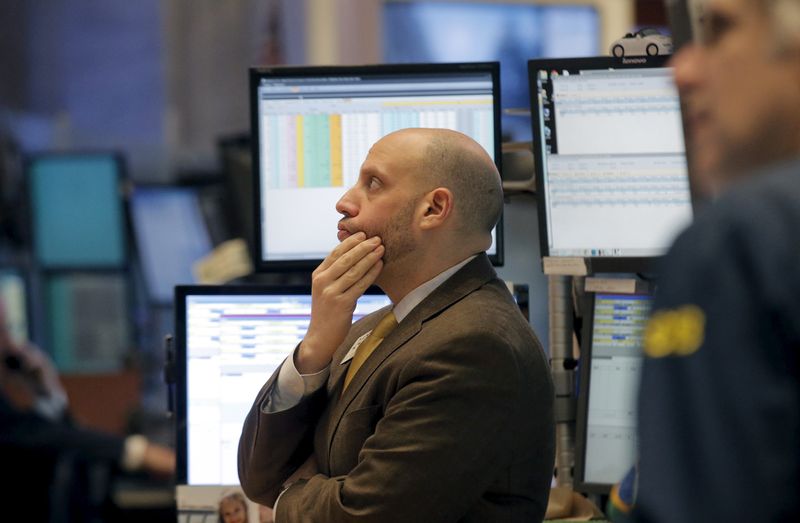By Lucy Raitano
LONDON (Reuters) -Investors took advantage of a wipeout in U.S. tech stocks this week to snap up equities, even though this sector is one of the most vulnerable as major central banks keep hiking rates, Bank of America (NYSE:BAC) Global Research said on Friday.
Equity funds recorded their largest weekly inflow since March in the week to Wednesday, at $22.9 billion. The largest share went into tech stocks, which saw inflows of $2.3 billion into tech equities, the biggest weekly inflow since March 2022.
Tech stocks have all but wiped out their gains from the pandemic in 2020, which saw the sector hit a record high valuations and boast some of the world's biggest companies.
But high inflation, rising interest rates and post-COVID economic activity has taken a lot of the wind out of the markets, with overvalued tech stocks and government bonds paying the biggest price.
The value of mega-cap tech companies has plunged a collective $4 trillion in 2022, according to BofA.
As the Federal Reserve and other central banks jack up rates, U.S. Treasuries, for example, are on course for their worst annualised returns in nearly 250 years, BofA said.
"243 rates hikes thus far in 2022 - that's one rate hike every trading day, the bond market is now pivoting from inflation to recession," the bank's analysts said in a note.
This week has seen steep drops in the market value of Facebook (NASDAQ:META) parent Meta Platforms Inc, which sank 25% after its most recent earnings. An index of New York-listed tech stocks is heading for a third monthly loss in October.
Even though the outlook for bonds is dark, inflows into corporate bonds resumed for the first time in at least eight weeks, according to the report. Investment grade debt saw inflows of $0.8 billion, while high-yield funds registered inflows of $2.1 billion.
But this renewed appetite for fixed income may not last, the bank said.
"While bonds pivoting from inflation to recession is a positive, a 'recession shock' could send credit spreads to new highs and stocks to new lows in the first quarter of 2023," BofA said.
Indeed, BofA said its bull and bear indicator remains at "max bearish" for the sixth consecutive week.

Emerging markets equity funds recorded their largest weekly inflow since April 2022 at $2.8 billion, in spite of a huge sell-off in China that sent mainland blue chips to their lowest in over two years and Hong Kong-listed shares to their weakest since early 2009.
Highlighting the ongoing risk aversion, investors ploughed $28.4 billion into cash, while bonds overall saw their first inflow in ten weeks of $1.4 billion and gold posted outflows of $0.5 billion.
